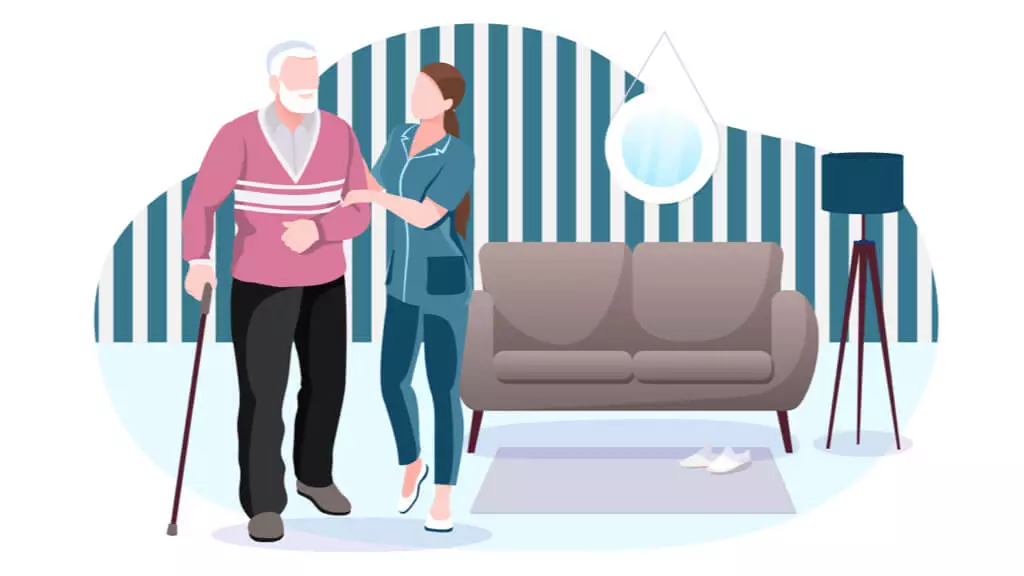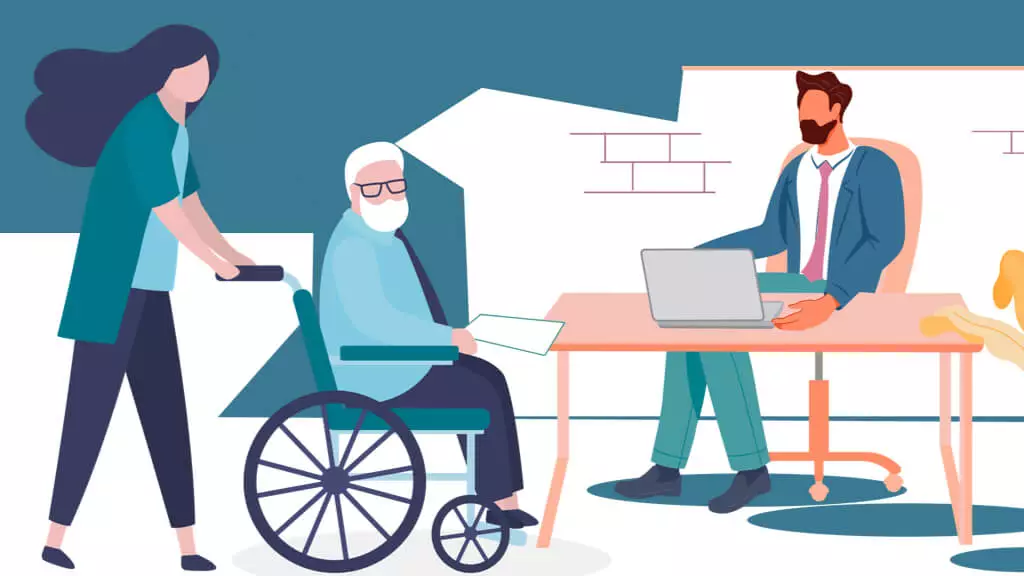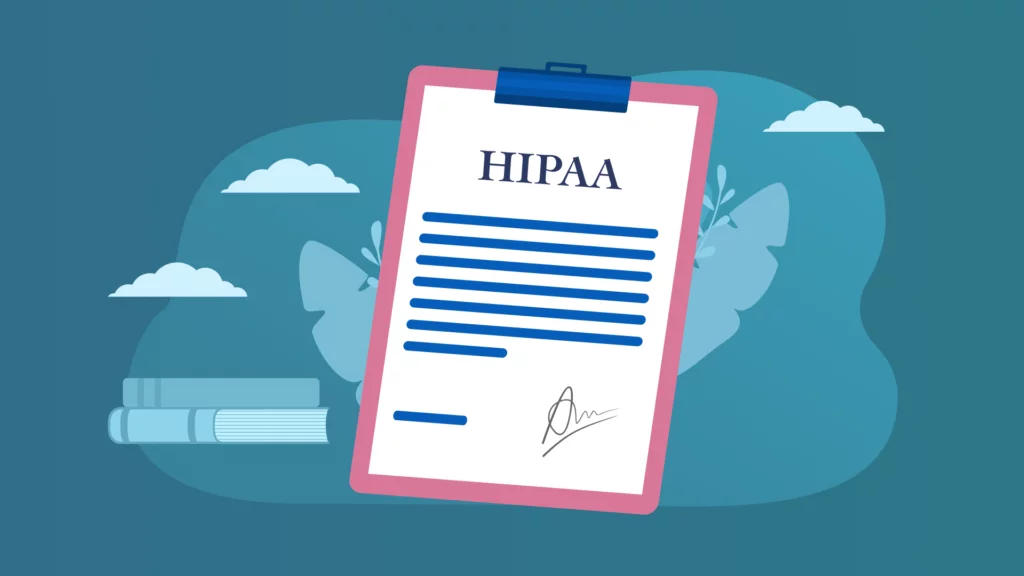
Watching your spouse or parent struggle with Alzheimer’s symptoms can be devastating. Becoming a caretaker for a loved one with Alzheimer’s can feel overwhelming and daunting. However, working with your loved one to create an estate plan for the future in the early stages of the disease empowers everyone involved. As a caretaker, there are steps you can take to protect yourself and your loved one’s interests as you walk through this challenge together.
Our Compassionate Estate Planning Team Can Help You and Your Loved One
The attorneys at Surprenant, Beneski & Nunes, P.C. , understand the challenges your loved one faces with an Alzheimer’s diagnosis. We also understand the challenges you face as your loved one’s caretaker. Our founding attorney focused our legal practice on elder law after walking through a Dementia diagnosis with his mother. He stepped in to fill that need for Southeastern Massachusetts residents. Since then, our legal team has helped many caretakers of loved ones who have been affected by memory loss.

My Parent or Spouse Has Been Diagnosed with Alzheimer’s, What Should I Do Now?
Learning about your loved one’s Alzheimer’s diagnosis is devastating; you may feel alone and unsure about what to do next. We are here to offer practical and emotional support. Our compassionate legal planning team will stand beside you and your loved one through this journey. The most critical thing you can do is work with your loved one to update his or her legal, healthcare, and financial arrangements as soon as possible.
If your loved one still has the capacity to make decisions, we recommend scheduling an appointment to review his or her estate plan. We can advise your loved one regarding the legal documents he or she may need to prepare for the future and will work with your loved one to ensure he or she feels listened to, validated, and understands the process and the legal documents to the greatest degree possible.
Our legal team treats every client with the individual care they deserve. There is no “one size fits all” for estate planning for those with Alzheimer’s. However, everyone should take the following steps after being diagnosed with a serious medical condition:
- Make an inventory of all of your legal documents
- Review and update your legal documents, if needed
- Make legal plans for your financial assets and property
- Make legal plans for your future health care and long-term care preferences
- Name someone to make decisions on your behalf when you no longer can

What If My Spouse or Parent No Longer Has the Mental Capacity to Make Decisions?
Those in the later stages of Alzheimer’s will eventually lose their “legal capacity” or their ability to establish a valid legal document. Once a person has lost legal capacity, he or she cannot create legal documents. It’s important to encourage your loved one to create the legal documents he or she needs to ensure his or her wishes are met later.
If that possibility has already passed, you may need to pursue a conservatorship or guardianship. The attorneys at Surprenant, Beneski & Nunes, P.C. assist clients in seeking guardianships and conservatorships for individuals with memory loss who cannot manage their financial or personal affairs. Obtaining a legal guardianship or conservatorship can help you ensure that your loved one’s financial and legal decisions are made in their best interest.

Creating a Power of Attorney After an Alzheimer’s Diagnosis
A power of attorney document allows your loved one to name you, or another adult, as his or her agent to make financial and legal decisions on his or her behalf. Those who don’t appoint a power of attorney will be at the mercy of a Massachusetts court. The court will appoint a conservator on your behalf.
Through a power of attorney, you can obtain the legal authority to pay your spouse or parent’s bills, hire an attorney, and make financial decisions on his or her behalf. Ensuring your spouse or parent has power of attorney can save you significant stress and time related to medical treatment.

Signing a HIPAA Release
As a caretaker, you won’t be able to receive updates about your loved one’s health from doctors without a HIPAA (Health Insurance Portability and Accountability Act) release. Your loved one can give you the right to gather medical information and speak to doctors about his or her condition. This also allows you to speak with the insurance company about billing, the pharmacy about medications, etc., allowing you to manage those items for your spouse or parent.

Naming a Health Care Proxy & Creating an Advance Directive (Living Will)
Your loved one can appoint you as his or her health care agent to make medical decisions on your behalf when you are no longer able to do so with a health care proxy. However, a loved one can also create an advance directive to instruct the health care proxy of his or her treatment and care preferences.
Many people include a “personal wishes” statement in their living wills. Advance directives also discuss any additional preferences regarding treatment, such as artificial hydration, a feeding tube, pain medication, or a ventilator.
Other healthcare preferences included in an advance directive include:
- Doctors and other healthcare providers
- Care facilities
- End-of-life healthcare decisions
- Do Not Resuscitate (DNR) orders
End-of-life care decisions can be difficult to talk about, but understanding your loved one’s desires clearly can ensure that you understand and are willing to act on his or her behalf when that time comes.
Advance directives are not legally binding in Massachusetts. However, these documents can be incredibly helpful for caregivers. As a caregiver, you will likely feel a sense of relief when you know they are carrying out your loved one’s desires.

Updating Your Last Will and Testament
If your spouse or parent has a will-based estate plan, reviewing the will with an estate planning lawyer is always beneficial after receiving an Alzheimer’s diagnosis. Your loved one can name a personal representative (executor) to manage his or her estate. Your loved one can also name his or her beneficiaries, the individuals who will receive the assets in his or her estate. If your loved one hasn’t created a will-based or trust-based estate plan, we can help you create the best estate plan for your loved one’s needs and goals.

Contact Our Southeastern Estate Planning Law Firm Today
The attorneys Surprenant, Beneski & Nunes, P.C. understand how difficult it is to support a loved one with memory challenges as a caretaker. Our founding attorney experienced this challenging situation personally. He saw a need to provide effective and compassionate legal counsel for those with Alzheimer’s and their caretakers. Whether you have questions about the guardianship or conservatorship process, or any other aspects of medical caregiving, we are here to help. Contact our estate planning law firm today to schedule your initial consultation.